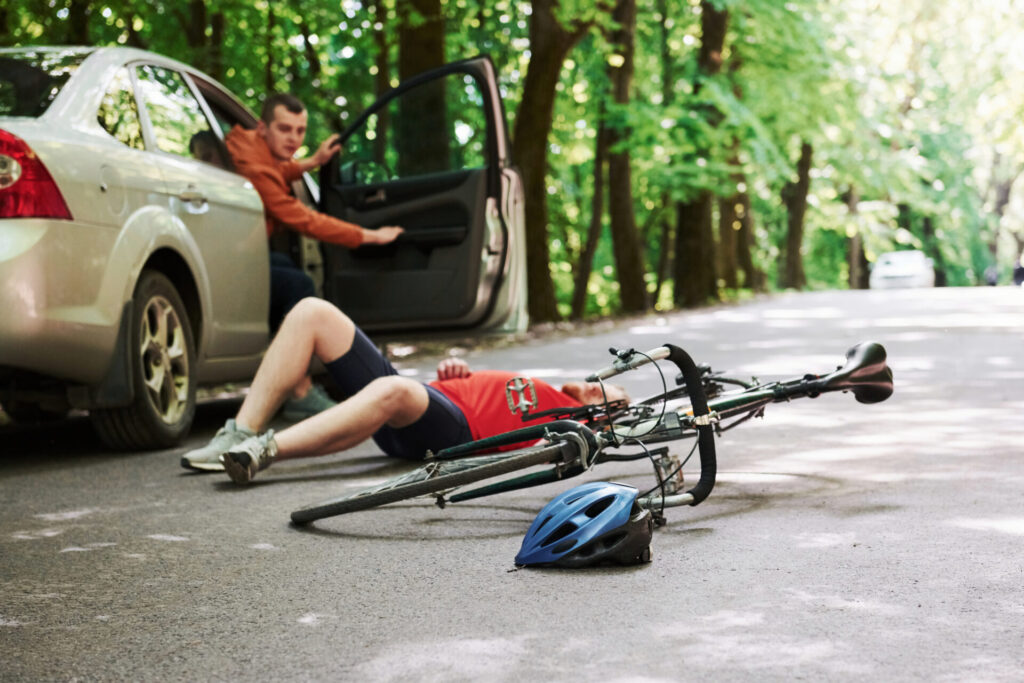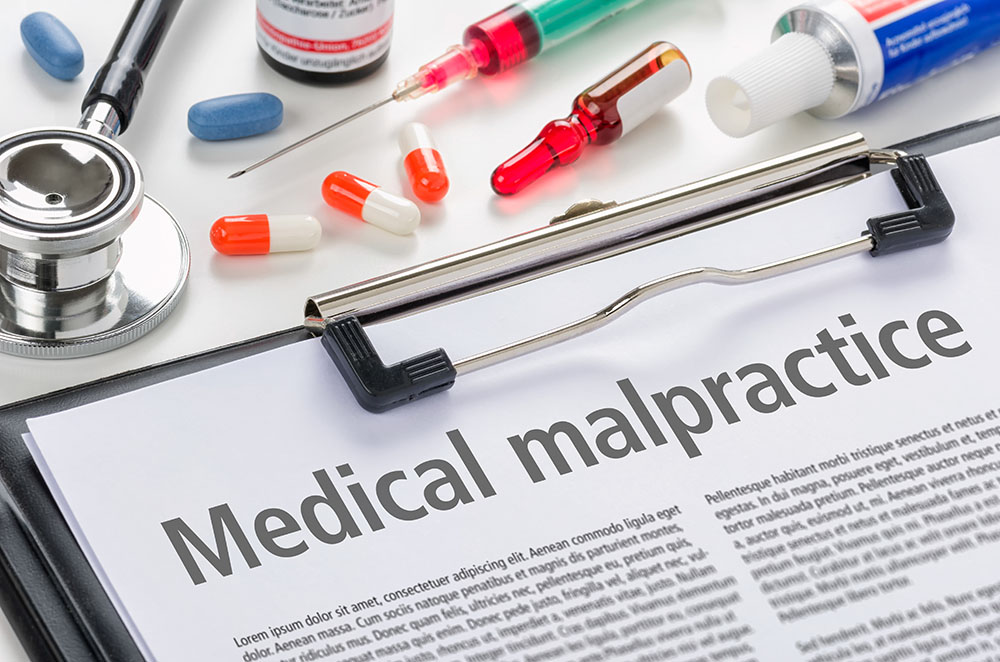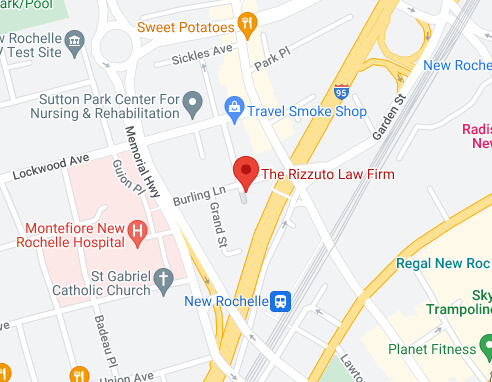Brake failure during an accident is more common than many people know. The mishap contributes to approximately one out of 20 motor vehicle accidents. Besides, nearly a third of all commercial truck accidents are due to brake failure.
You must be wondering about your legal rights if you sustained injuries in an accident caused by brake failure. The truth is that you’re entitled to compensation by the liable party. Long Island Personal injury lawyers can evaluate the circumstances of the case and help you understand your legal options.
What are the Signs of Brake Failure?
It’s crucial to recognize when your vehicle has brake problems. One of the most significant red flags is hearing odd brake noises. If that happens, the best thing is to take the car to a mechanic for inspection immediately.
Another telltale sign of failing brakes is that the brakes feel different when you step on them. Other reasons to get an inspection are a spongy feeling when you step on the brakes or the car steering to one side while braking. Even if you believe the problem is elsewhere, it’s better to take precautions and have the brakes checked by a professional.
Why Do Car Brakes Fail?
Drivers may worry that they will be responsible for the damages if they fail to break before a crash. However, sometimes a vehicle may fail to break for reasons other than driver error. These factors come into play when determining the outcome of a car accident case. Common reasons why car brakes may fail include the following:
Mechanical Failure
Despite a driver judiciously applying brakes to avoid an accident, the brakes may still fail, sending the driver ramming into other cars, property, or people. The law requires drivers to maintain tires, brakes, and other equipment in good working condition.
If car accident lawyers in Long Island prove that brake failure was due to poor maintenance, the driver may be liable. However, if brake failure was because of a defect in the brake system, the manufacturer may be accountable for the accident and resulting injuries. It’s possible to file a lawsuit under a product liability claim.
Once an attorney proves that the brake was defective and the condition was reasonably hazardous, they can fight to recover compensation for you. A crucial thing to remember is that the brake and its parts must not have had any substantial alterations since you bought the car or had the brake system installed. Any significant alterations will lower your chances of succeeding in your case.
The Mechanic’s Fault
Your mechanic would be held liable for an accident caused by brake failure if they failed to install brake parts correctly or were negligent. However, proving liability in such a case would be complex as the mechanic may not explicitly admit fault.
Long Island personal injury lawyers can help you establish a mechanic’s liability. The way to do this would be to eliminate the manufacturer’s error. They would also call an expert witness to prove that the mechanic left the brakes or their components in a faulty condition.
The Other Driver Is Also at Fault
In most car crashes, both drivers could have acted unsafely before the collision. For example, one driver may have failed to apply their brakes in good time to evade another driver running a red light. In such a case, both parties would share fault. The degree of responsibility would bar you from recovery.
Comparative Fault
Comparative negligence and contributory theories can help determine whether you can collect damages in a case where you were also at fault. The court would require the at-fault parties to share the responsibility of paying the damages depending on their degree of fault.
The same applies equally to the injured party. If a victim injured in an accident is found to be partially at fault, the court may reduce their compensation based on their percentage of fault in the collision.
For example, if a mechanic failed to inspect the brakes, but you were also distracted at the time of the accident, you can both be deemed to have contributed to the accident. In this case, your award would be reduced according to the percentage of your fault for the accident.
That should not deter you from pursuing compensation. Even a partial settlement may well be worth the trouble you must go through when filing a claim.
Driver Error
In most rear-end and plowing accidents where cars rammed into the rear of another, the driver at fault is usually not paying attention to the road. Distracted driving is a severe offense in Long Island. If a driver fails to break for not paying attention on the road, they’ll most likely be partially liable for the injuries and damages.
Will a Tailing Driver Be Held Liable if Their Brakes Failed?
In addition to the common reasons for brake failure, other factors are worth evaluating in determining who was at fault in a car crash. In most cases, the driver at fault in rear-end collisions is presumed to be more than 50% at fault for the accident.
Will a driver still be at fault if they claim their brakes failed? The answer is yes. While the driver and their insurance company may argue that the brake failure was unexpected and unforeseen, this defense usually doesn’t absolve the driver of the responsibility.
Car accident lawyers in Long Island can investigate the case to show that the at-fault driver was following your car too closely. They can also prove that the driver drove too fast for the traffic conditions. In that case, despite brake failure, the driver would still be held liable for the accident because of their negligence in operating the vehicle.
Experienced Long Island Accident Attorneys Fighting for Your Recovery
If you’re involved in a car accident due to brake failure, you may not know who is liable for the accident. Long Island personal injury attorneys can look into the details of your case and assess the factors that can prove liability.
If you think brake failure was the reason for the accident that caused your injuries, talk to a skilled lawyer at our law firm. We serve victims throughout Long Island, New York City, & Westchester County and can discuss your legal rights. Get in touch with us for skilled representation.








